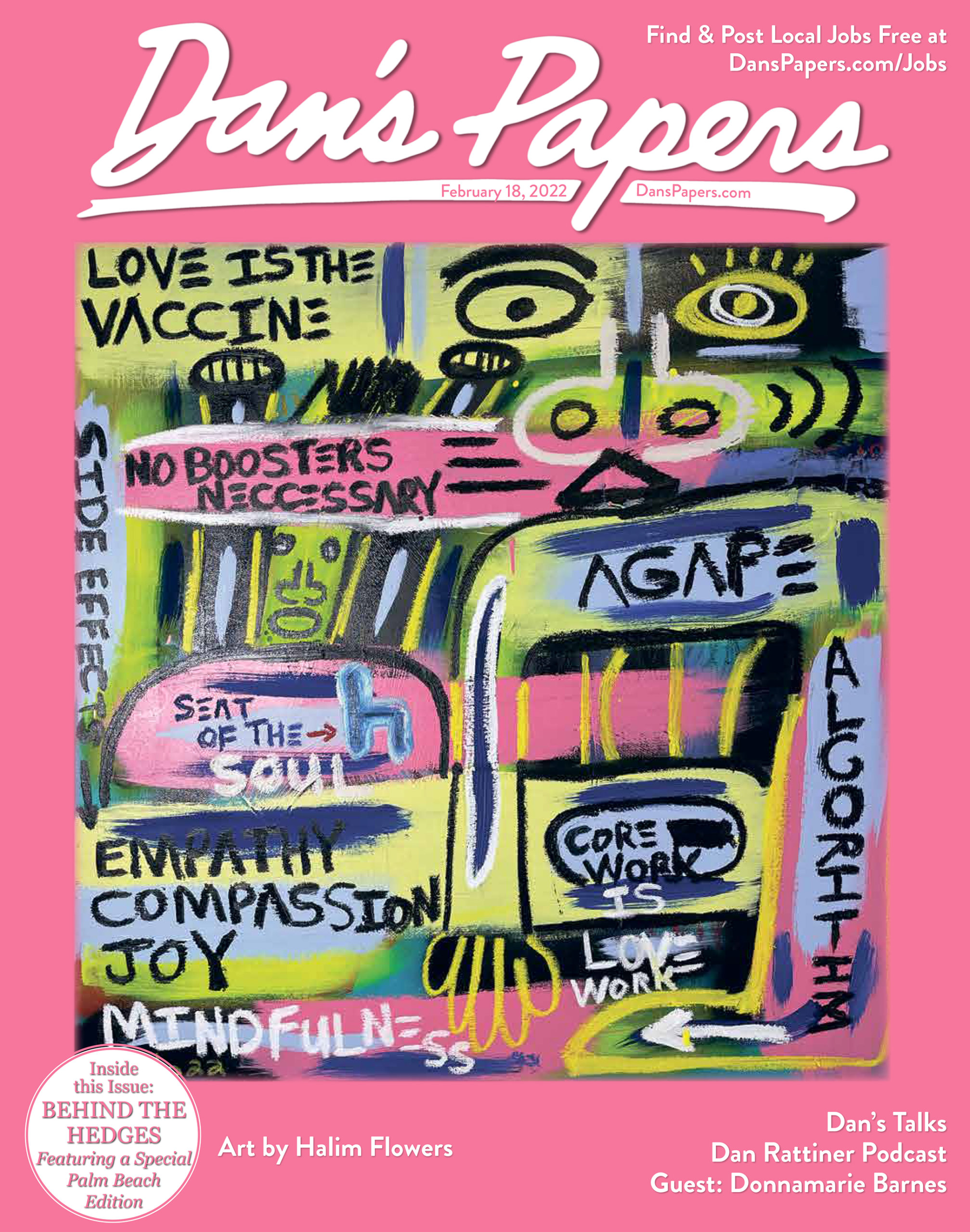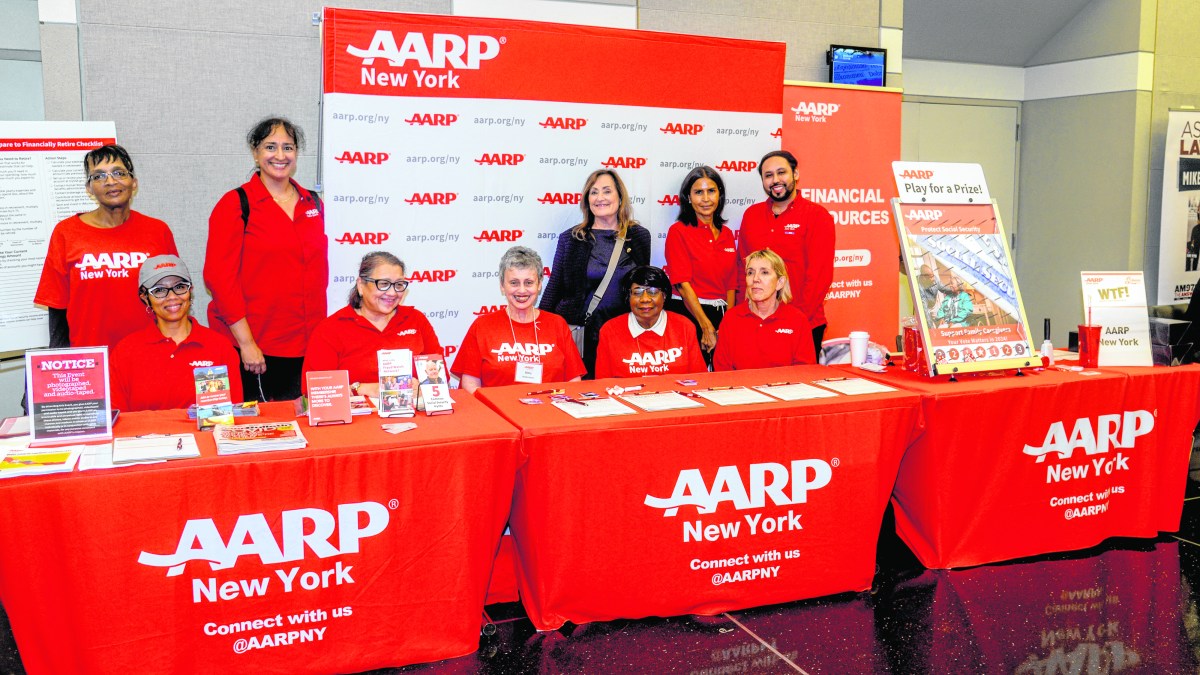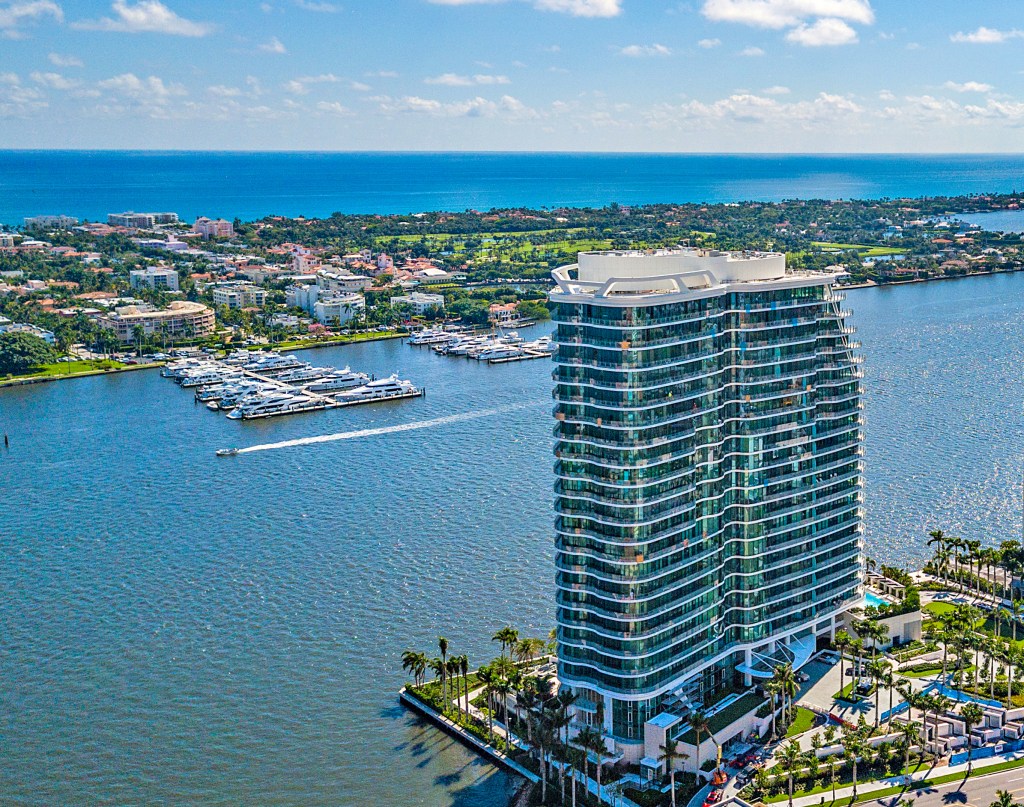From Prisoner to Painter: Dan's Cover Artist Halim Flowers Blooms
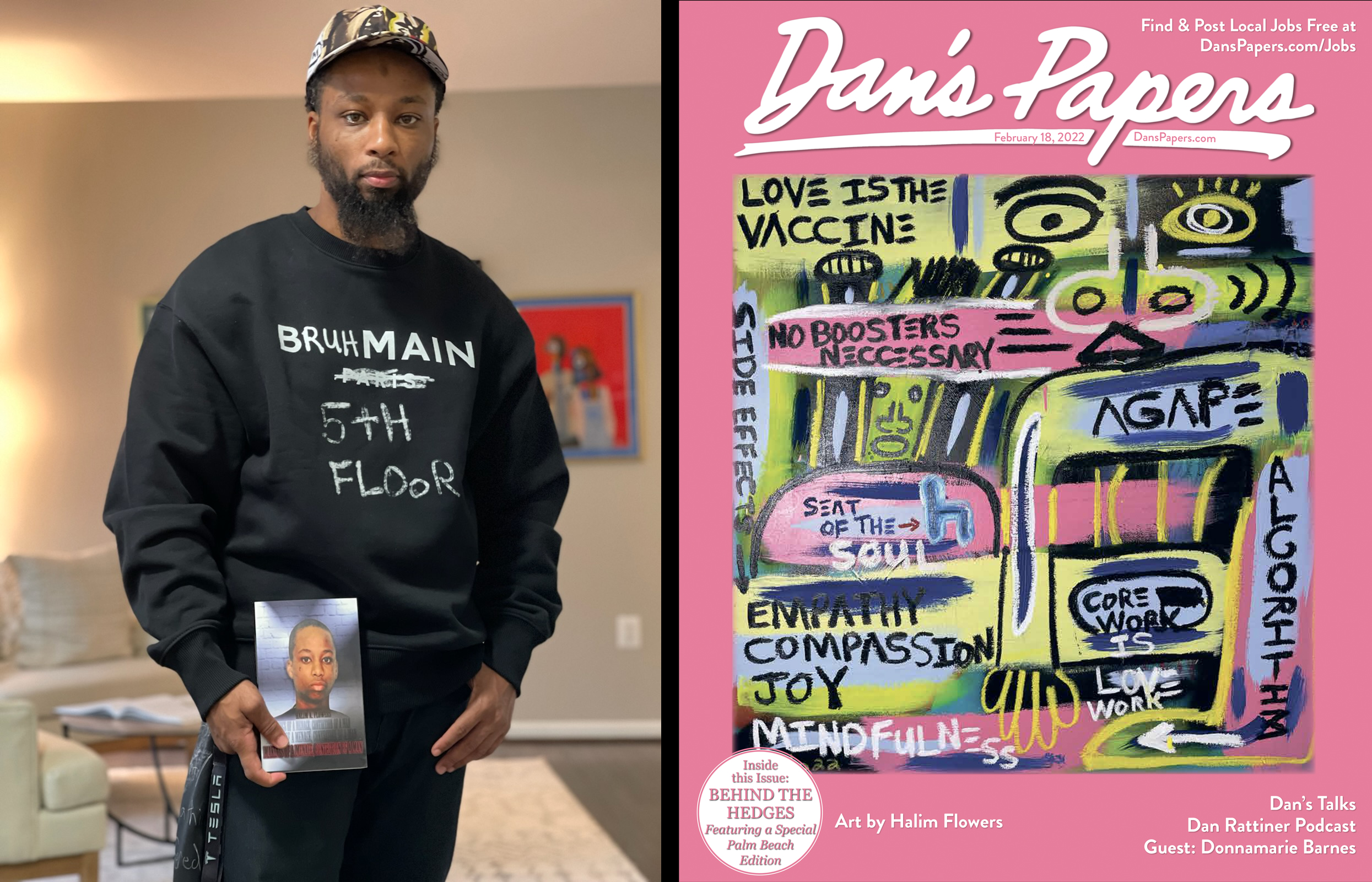
This week’s cover by artist/writer Halim Flowers is a message of love and hope — a message from a man who spent 22 years locked away in a place devoid of either and who now hopes to share his transformative message throughout the Hamptons, New York City, Palm Beach and beyond.
Despite stellar grades and test scores in his youth, by age 12 Flowers had succumbed to the bleak mindset that his best chance of escaping poverty was to forsake his academic pursuits and sell drugs on the streets of Washington, D.C. That decision came with grave consequences.
“Due to poverty, immaturity, lack of self-love, I dropped out of school to make money selling drugs when I was 12 because I thought my identity was tied to my wealth status,” Flowers explains. “By me having that low self-esteem, it made me susceptible to peer influence, and I chose — I can accept the accountability for that — I chose to forsake my academic career to be a drug dealer, and once I made the decision to live that lifestyle, then all the negative ramifications that came with it led to me receiving two life sentences at the age of 16 for a crime I literally did not commit.”
In the wrong place at the wrong time, Flowers was found with a young man accused of felony murder and was charged as an adult accomplice to the crime, resulting in a 40-year sentence. Those looking for an in-depth account of this chapter in his life can watch the Emmy Award-winning documentary Thug Life in D.C.
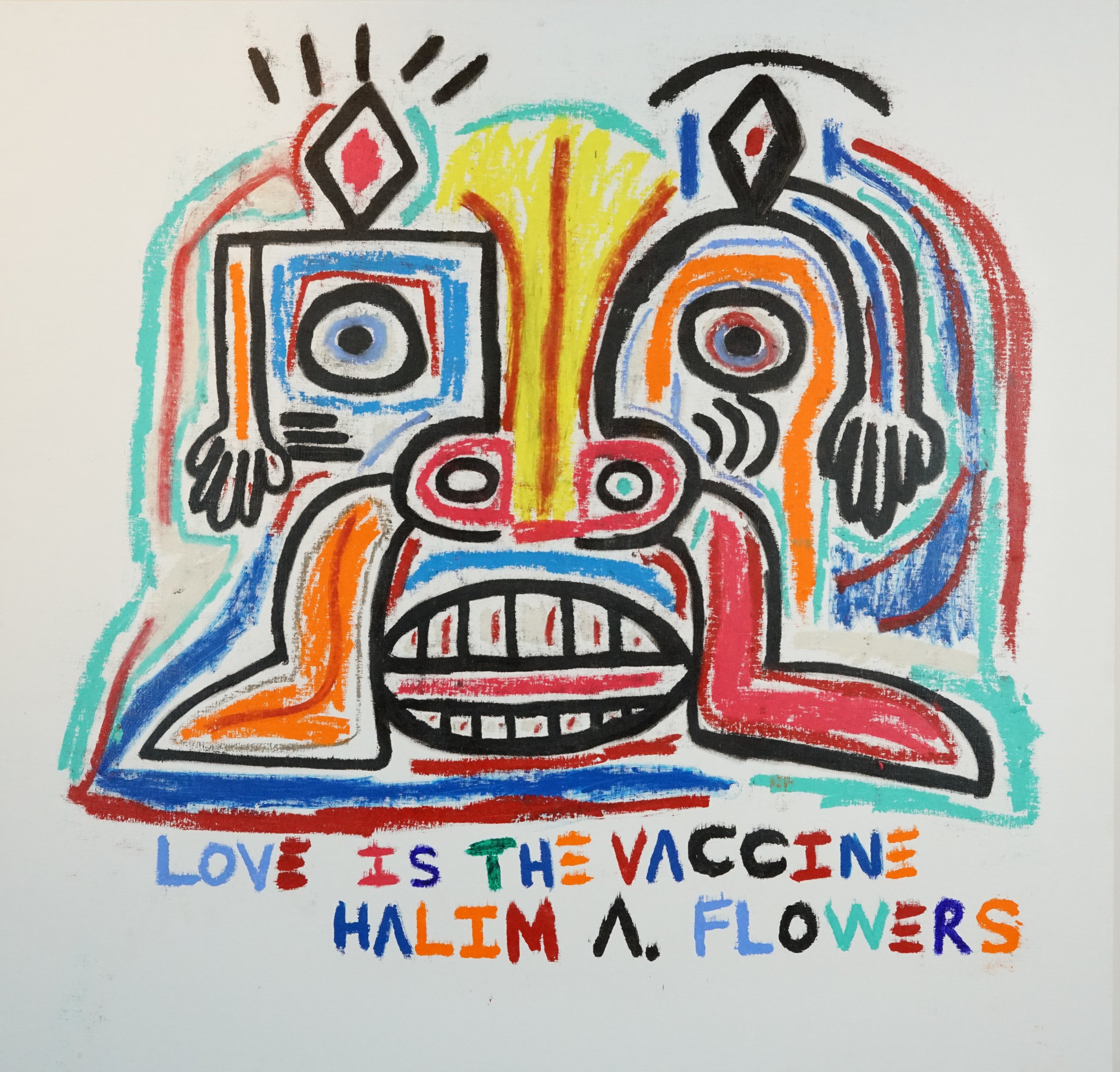
While incarcerated, Flowers was desperate for a creative outlet and was encouraged to try freestyle rapping — “my generation’s voice, just like jazz was for my grandfather,” he says. From there, his lyrics shifted to poetry as a means to express his trauma of growing up in “crack era” D.C. His love of the written word flourished and by 2005, he started the SATO (Struggle Against The Odds) Communications publishing company, which published 11 works during his sentence.
In 2017, the Incarceration Reduction Amendment Act was passed in D.C., retroactively reducing the punishment of minors, and by 2019, Flowers was allowed to return to society having served 22 years and two months of his 40-year sentence. While thankfully shorter than the original sentence, 22 years is no small amount of time, and it would be perfectly understandable to be filled with hate having spent your 20s and 30s locked away from society, but “hate” is not a concept Flowers believes in.
“The way that the penal system is structured in America, versus what I read about other Western developed nations, is very punitive, very cruel and unusual to the human condition and spirit. It’s devoid of love,” he says. “So what I’m painting about most of the time is love, because I’ve experienced for 22 years the complete void of love. I don’t believe that hate is a real entity, I think it’s just the absence of love.”
Flowers’ transition from poetry to painting began with works of “photopoetry,” the first of which was a Wall Street Journal that featured an image of Vladimir Putin that he proceeded to scrawl poetry and commentary around. This evolved to photopoetry using pictures of himself as an incarcerated child and other powerful imagery. At this time, he wasn’t quite ready to overcome his doubts about his painting aptitude. He had only learned a couple years prior that Black artists such as Basquiat could be celebrated painters.
“I’ve never been visually inclined creatively,” he says. “(But) I transcended my fear of not knowing how to draw or paint and realized that, you know what, I don’t know how to draw or paint like anybody else but myself, but I’m in-tune with what I feel as a poet and as someone who has my own individually developed philosophy about life and living, and I’m just going to paint what I feel.”
A natural progression from his photopoetry, Flowers’ paintings are like poems themselves — words of love, motivation, hope and self-reflection. Some viewers may try to glean political leanings from his thought-provoking works, but he remains anti-political and focused on his main message.
“Instead of me using my creativity in the interest of politics, race politics, anger or reactionary sentiments, I could do more effective and transcendent work if I created from an intention of love,” he shares. “I believe that’s what’s missing, that is why we always find ourselves in such a divisive environment in our nation today. I believe it’s destroying us internally as human beings and I just want to be a part of change, real dynamic change, and I want my legacy — whether it’s through my creativity, my artwork, my paintings or just the way I think and the way I treat human beings when I engage with them — [to reflect that].”
Repped by Dr. Ted Vassilev, owner of DTR Modern — with gallery locations in Palm Beach, Nantucket, Manhattan and other art hot spots — Flowers has already achieved several of his artistic dreams in the short time he’s been painting. His artworks have been featured in a solo exhibition at the National Arts Club in Gramercy Park and in a group exhibition at MoMA PS1. Flowers reports that Vassilev even secured him an apartment and art studio in the city.
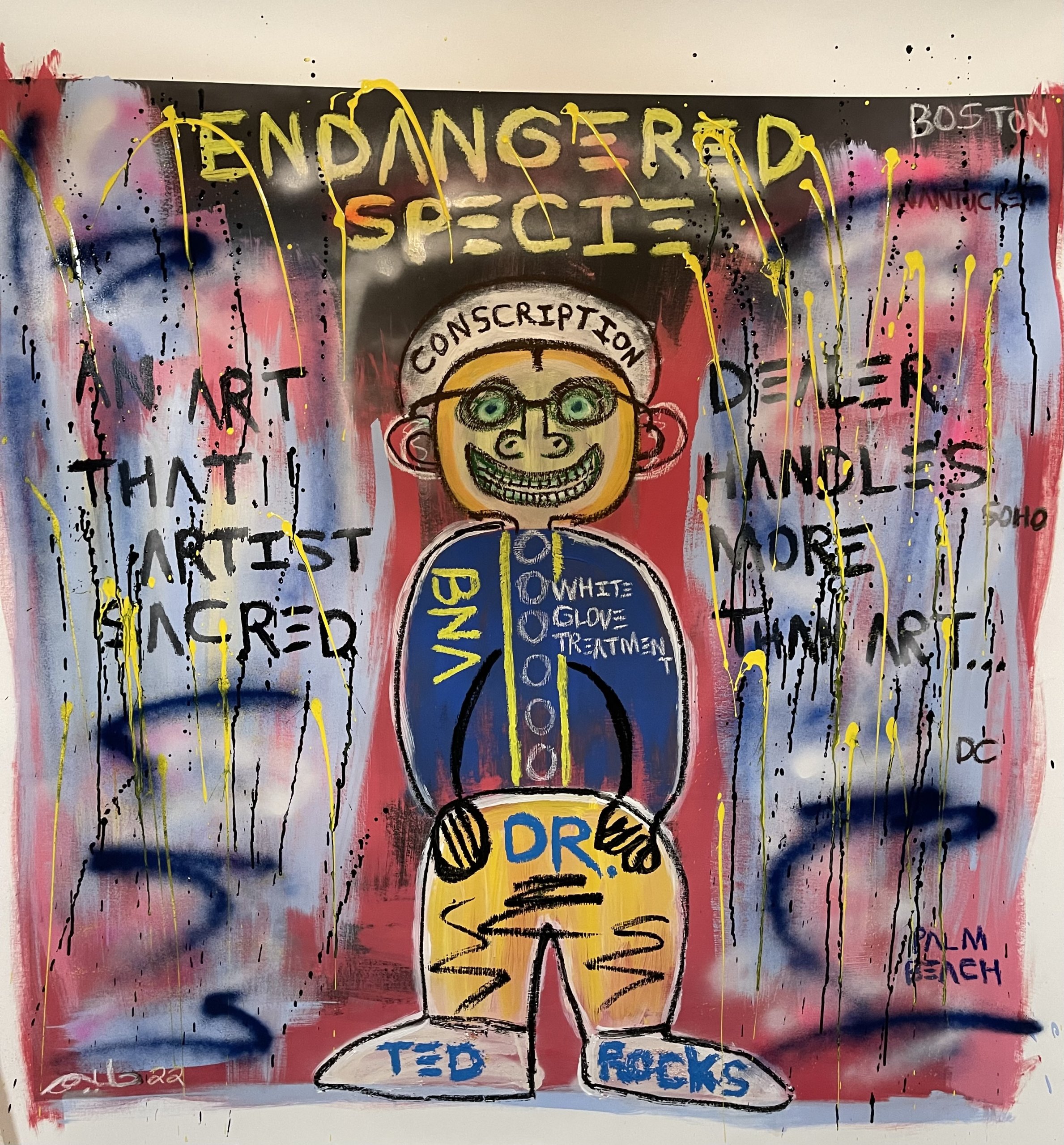
“When you’re a painter, the mecca is New York,” Flowers says. “On a career level, I’m most proud of having a New York presence, which has allowed me to have relationships with people in New York City.”
He continues, “In prison that’s what you’re restricted from, they don’t allow you to meet people, and I know the value of people. That’s what’s been the greatest thing for me with my art journey is that it’s allowed me to be in the company, in the homes and in the hearts of people in the Hamptons, Palm Beach, Nantucket and other places where people with my type of lived experience wouldn’t even be present in those types of environments and neighborhoods.”
While Flowers’ successful career as a painter is still young, he’s already looking for ways to share it and bring others up out of the poverty he knew in his youth. “Collecting is so important for low-income individuals. When I look to someone like Jean-Michel Basquiat who has paintings that are selling for hundreds of millions of dollars, if he had the opportunity to foresee the viability of his creativity economically and commercially, he could’ve strategically placed certain pieces within the homes of people who just the sale of one of those pieces could lift an entire family or entire village out of poverty,” he explains. “I want it to be that some of my work is placed within families and households that can upkeep the work, that I can educate about the art market so that if there is a day when my works sells in the second or third market at high prices, the family is already educated to know how to either sell the work or to loan the work to where the work becomes a source of residual income.”
In addition to fine art, Flowers is now expanding once again with the debut of his first fashion line. Shop hats, sneakers, hoodies and more when Flowers’ online store goes live on February 19: flyp.space
Whether selling high-end art, books or clothing, Flowers remains humble and grateful for this incredible opportunity to spread his message of love. “I grew up in an environment that showed me that all I could do was sell drugs to escape poverty, and to have the opportunity at age of 40 to transition to this new practice and to be so well-received — when a person buys a painting and puts it on their wall, they’re taking you into their home, so this is bigger than just a commercial transaction for me,” he says. “I just hope that anyone who reads this or hears this knows that everything I’m doing is from an intention of love all the time.”
To see more of and shop Halim Flowers’ paintings, visit dtrmodern.com. Learn more about Halim Flowers at halim-flowers.com.
